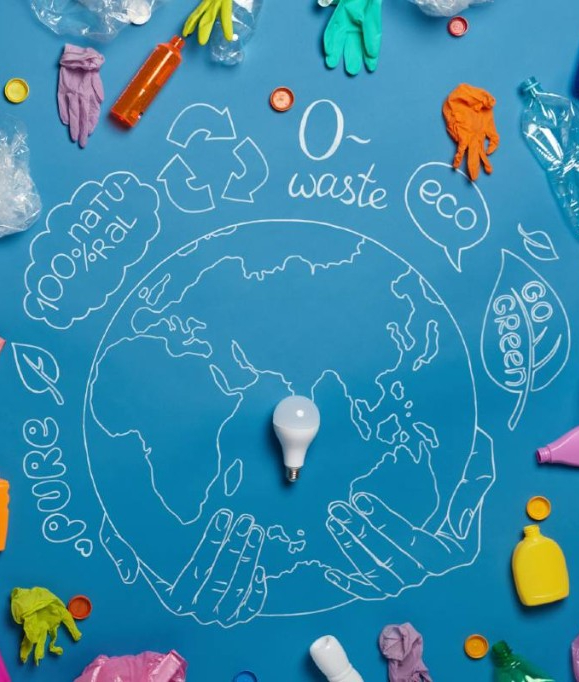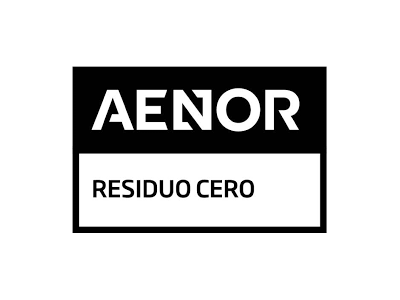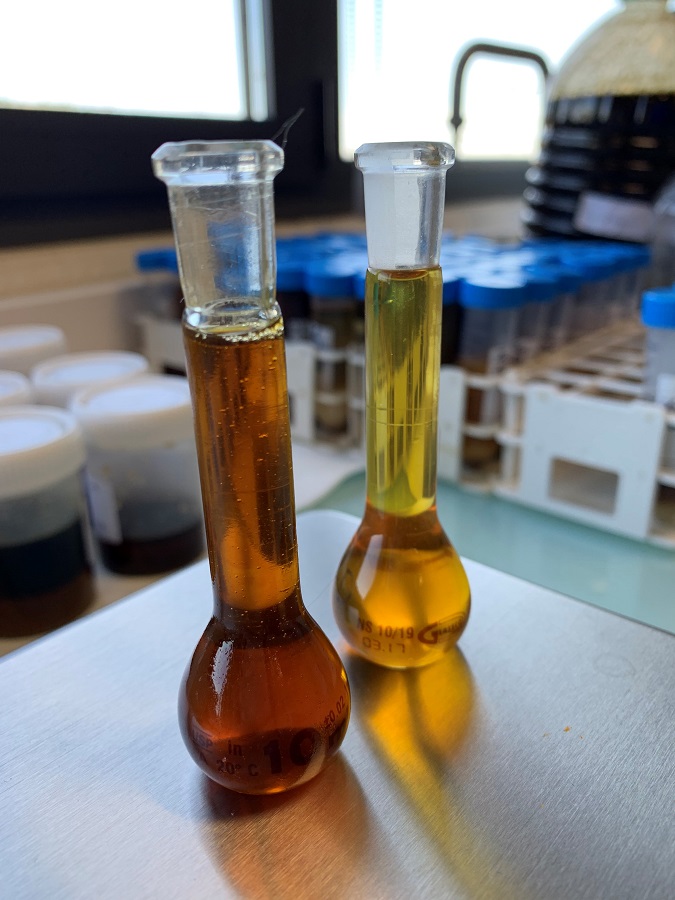
All about zero waste
All about zero waste
More responsible waste management
Zero waste is one of the keys to advance towards sustainable development within a circular economy model. Discover what it consists of and why it is so important for the future of the planet.
Reading time: 4 min
After centuries of industrialization and technological advances, the challenges that the current economy is facing require a paradigm shift, able to combine progress with respect for the environment. Thus the new concept of sustainable development was born, based on a circular economy model through a more responsible management of waste, which allows us to advance towards the goal of zero waste.
What is the so-called Zero Waste?
What is the so-called Zero Waste?
Zero waste is a management system that happens to be one of the bases of the circular economy. This model imitates nature, using the resources available in the most efficient way, extending the useful life of products and reintegrating them into the system for reuse.
The Zero Waste movement represents an alternative model to the consumption society, able to combine efficiency and sustainability through the common commitment of all social agents. Its basic principles are explained through those known as the 5 Rs of zero waste:
- Refuse
- Reduce
- Reuse
- Recycle
- Rot
Currently, these premises have been expanded by adding concepts such as redesigning products, using fewer raw materials for their production, and generating less waste or products that are easier to recycle.
Zero waste and the circular economy
Zero waste and the circular economy
Repsol and waste management
Repsol and waste management
Aware that conserving and looking after the environment is committing to the future, at Repsol we have set the goal of reducing our waste by three million tons annually, advancing towards zero waste. To this end, at the company we have integrated the principles of the circular economy into our production model, covering the entire value chain: from the production of energy and raw materials to the design and marketing of our products and services.
Thanks to ecodesign and the use of renewable sources and alternative raw materials of residual origin, it is possible to considerably extend the life cycle of products. On the other hand, the optimization of the use of resources and production processes allows us to encourage recycling, one of the big priorities of the circular economy. Furthermore, at Repsol we also support initiatives that encourage new responsible consumption patterns with the planet.

Towards zero waste
Towards zero waste
We care for the design of our products to minimize their environmental impact
We optimize processes to use energy and raw materials in the most efficient way
We extend the useful life of our products, recycling and reusing whenever possible
We internally revalue the waste of third parties by converting it into raw materials, for a more sustainable manufacturing



